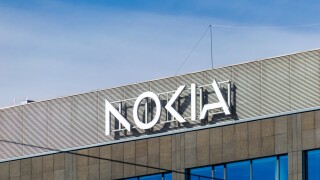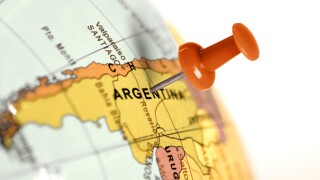Latin America and Caribbean
The shortlist for our annual Americas Awards will be published next month, with potential winners in more than 90 categories set to be revealed
A new foundation in Chile is giving women in the IP community the mentorship, and visibility they’ve long lacked
Firms are adapting litigation strategy as Brazil’s unique legal system and technical expertise have made preliminary injunctions a key tool in global patent disputes
Leaders at two Brazilian law firms outline strategies to adjust to trademark fee changes at Brazil's IP office while urging clients to apply before September 20
Recently published Special Focus articles
Recently published Special Focus articles
-
Sponsored by Daniel LawRoberta Arantes of Daniel Law looks at how the Brazilian legal landscape has responded to shifts in the concept of branding and its related levels of protection
-
Sponsored by Daniel LawKene Gallois and Guilherme Coutinho of Daniel Law explain how the success of the plan will pave the way for Brazil to attract further investment and opportunities
-
Sponsored by Daniel LawAndré Oliveira of Daniel Law considers how IP infringement and brand protection has evolved in Brazil amid the pandemic
-
Sponsored by Daniel LawCarolina Schueler of Daniel Law discusses why naming rights and sponsorship deals could be a profitable two-way partnership that may last for decades
-
Sponsored by OLIVARESJaime Rodríguez of Olivares explores how Mexican lawmakers have attempted to strengthen trademark protection in the digital environment
-
Sponsored by Daniel LawRafael Salomão Romano and Samantha Salim of Daniel Law outline how the instructions will improve transparency and accountability in the Brazilian pharmaceutical patent scene





















